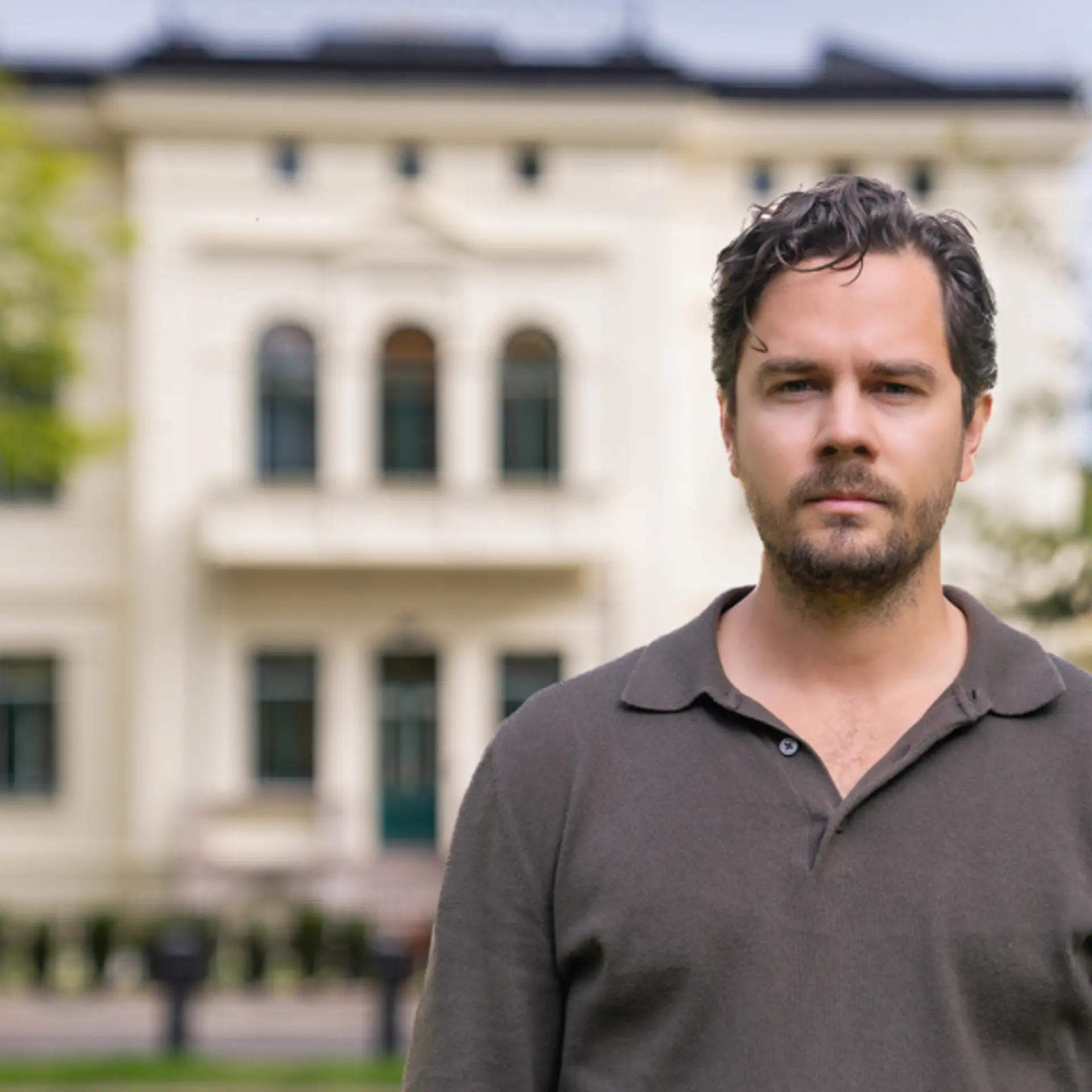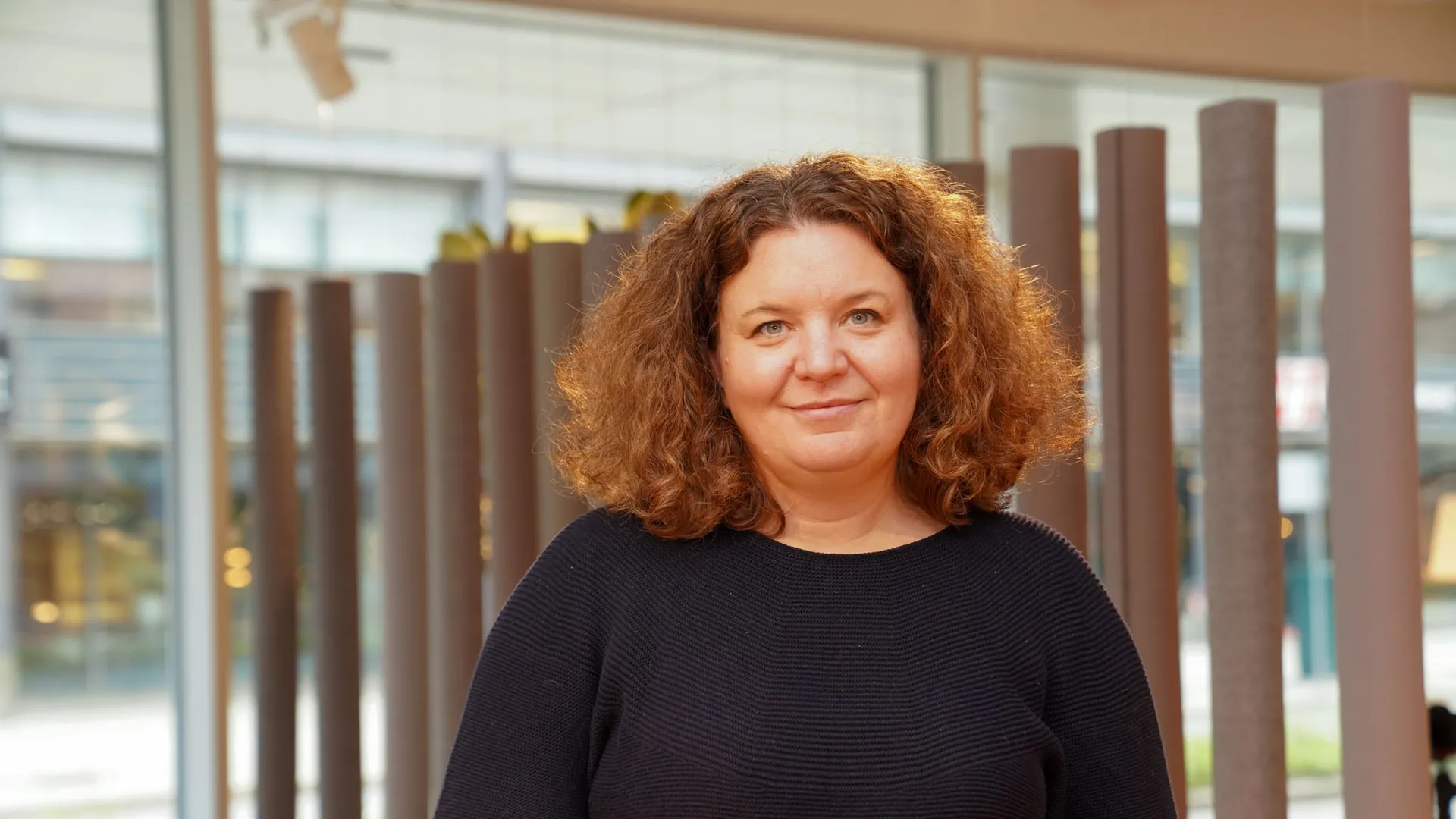Kristin Bigseth: – Future Customers Will Demand More from Brands

With 2.9 million members, Trumf is Norway's largest loyalty program, offering customers benefits in NorgesGruppen's chains: Kiwi, Spar, Meny, Joker, and partners such as Mester Grønn, Norli, Apotek 1, Esso, Shell, Talkmore, Fjordkraft, and ViaTrumf.
Bigseth herself was involved in founding Trumf 27 years ago.
– In 1997, when we started Trumf, the gas station market was the most advanced with loyalty programs. We knew that other players were working on similar concepts, so there was a small race to be the first! she recalls.
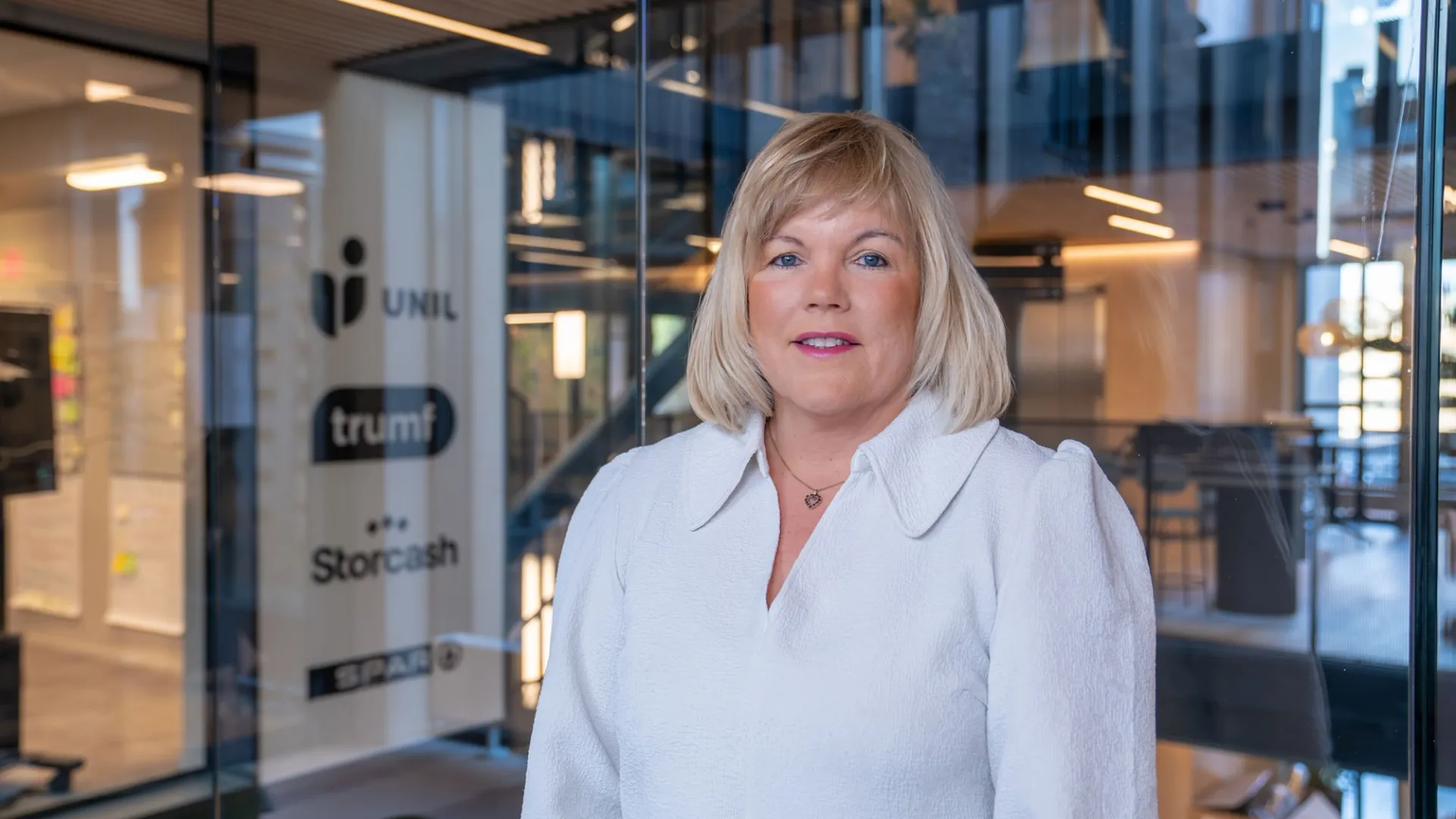
Kristin Bigseth, managing director at Trumf.
The Trumf concept is simple: Customers who shop in one of NorgesGruppen's chains or with partners receive money back every time they shop, accruing Trumf bonuses on everything from groceries to fuel, electricity, online shopping, travel, and flowers.
Trumf currently covers 75 percent of Norwegian households.
According to Bigseth, much has changed in the grocery retail sector since its inception in 1997, especially in terms of digitization and data.
– Things are more complex today than before, especially with the significant development we've seen in digitization. The competition for customers is also tougher now than it was before. Today's consumers have entirely new demands for personalization and relevant messages, in the right channels. We want to be a natural part of our members' everyday lives, and they should find it easy to be Trumf members and save bonuses on their daily spending
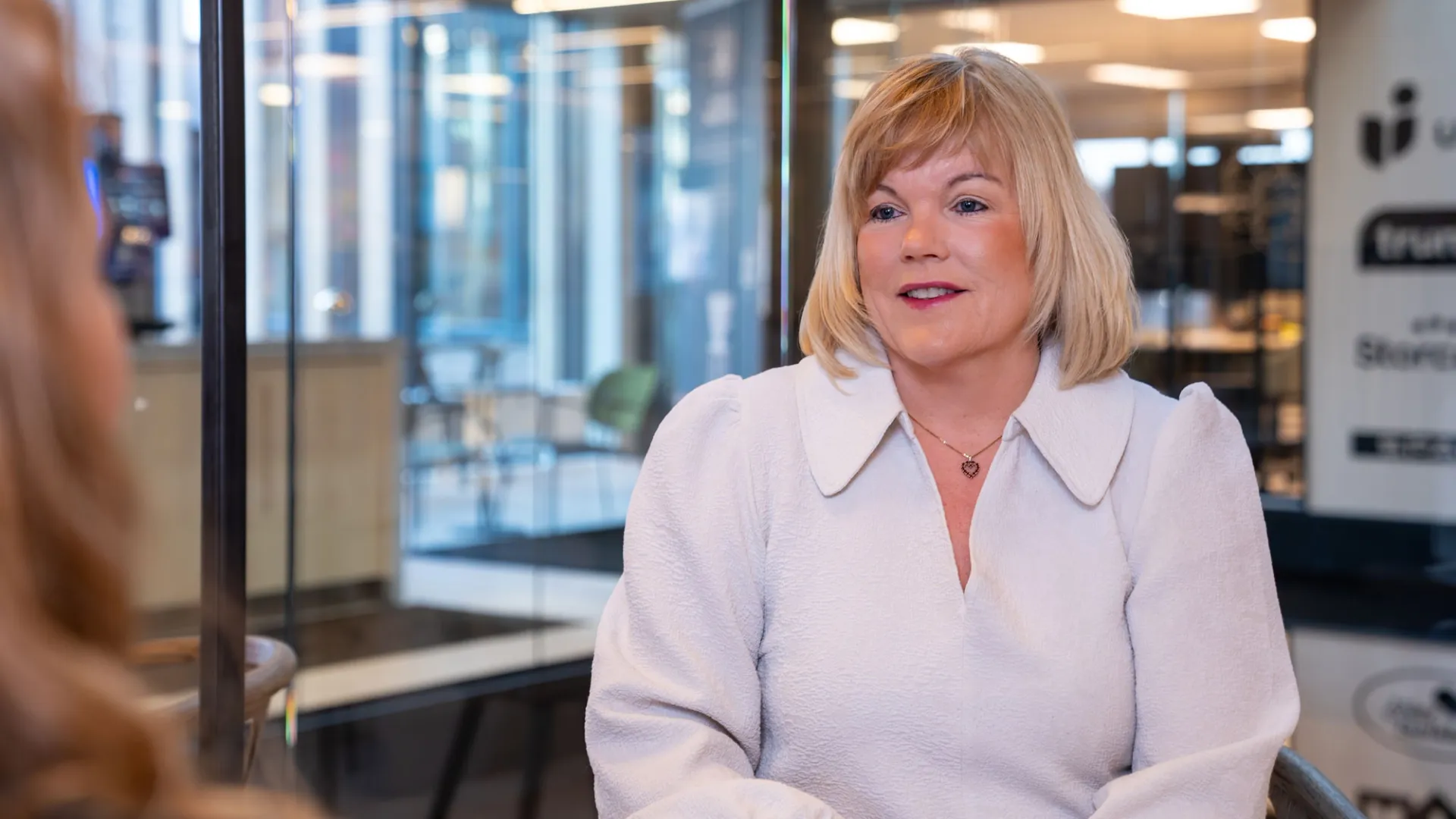
Bigseth believes that smart use of data will be a competitive advantage in succeeding to win future customers.
Trust is Key
Bigseth believes that increased digitization and smart use of data are crucial to succeeding in winning customer loyalty.
– At its simplest form, a loyalty program is about how to take care of your customers. Personalization, seamless customer journeys, and trust are three important ingredients to achieve this. If we want to deliver personalized customer experiences and relevant messages, we must have the customers' trust that we use their data responsibly. This means that the customer can choose at any time what information they want to share in exchange for a more personalized customer experience. The customer owns their own data.
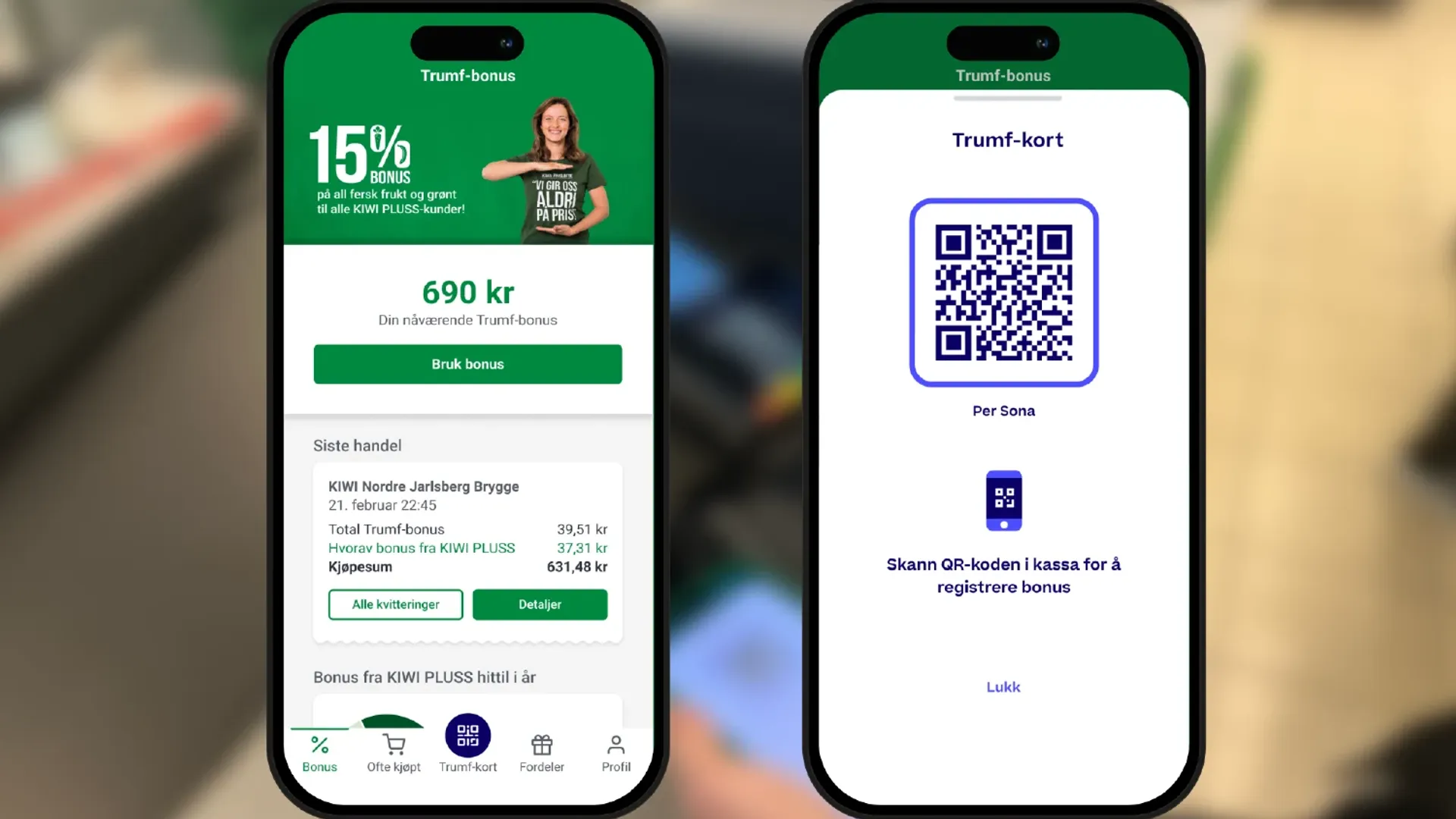
In collaboration with Forte Digital, KIWI is working on creating the best user experiences for its customers. At the heart of this effort is the KIWI PLUSS app.
Personalized marketing and customer experiences have long been one of the hottest trends in retail. A recent McKinsey study shows that personalized marketing can reduce the costs of acquiring a new customer by as much as 50 percent, increase revenues by 5 to 15 percent, and increase the return on marketing investments by 10 to 30 percent.
NorgesGruppen is currently a strategic partner with Forte Digital to achieve precisely this. Bigseth believes that smart use of data will be a competitive advantage in succeeding with future customers.
– Together with Forte, we work closely with the various chains in NorgesGruppen to use customer data more actively. It is crucial to create good customer experiences across physical and digital platforms, personalize communication, and provide relevant messages that help customers make better choices in their everyday lives.
Data as a Strategic Resource
At the Customer Experience Day 2024, Bigseth spoke about how NorgesGruppen is working to map out the future shopping experience. Using data as a strategic resource is one of the grocery giant's most important strategic objectives.
– Data is a central part of our strategy. But we have work to do to make the data even more accessible, and it will only become a competitive advantage when we have truly succeeded with that. Then we can use the data more extensively as decision support in the organization, develop new relevant services for customers, and personalize marketing and campaigns.
Bigseth notes that smart use of data has also been crucial for innovation and the development of new digital products and services.
– The dietary and climate service in the Trumf app and SPAR's new food waste solution are good examples of services where data has been a crucial prerequisite. Introducing a 2D code on our products allows consumers to know at any time which products are in the refrigerator and nearing expiration. Accessible data and good data quality are prerequisites for developing new innovative services like these.
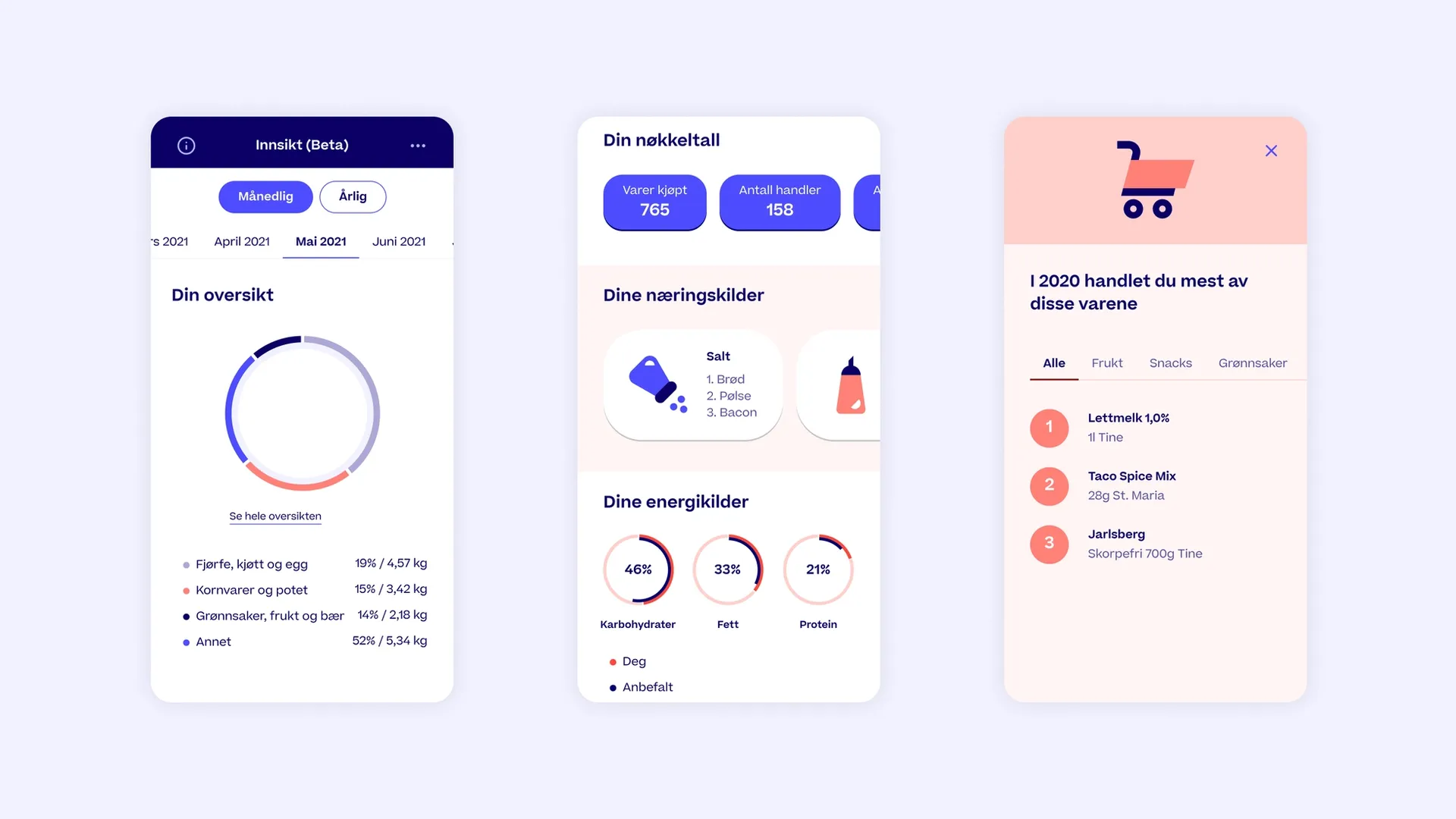
With the new climate and diet service in the Trumf app, NorgesGruppen can deliver on its sustainability strategy while creating the best user experiences for its customers.
Future Shopping Experience
NorgesGruppen, in collaboration with Forte Digital, has developed a scenario for what the future shopping experience will look like by 2032.
Here, they have identified and prioritized various areas of opportunity and success criteria that are important to focus on to ensure customer value, business value, and market position in the future.
The future customer experience is central to the ongoing strategic work for Trumf and the chains, and several different scenarios have been developed.
A total of six success criteria have been identified:
- Everything is personalized - a seamless shopping experience that simplifies everyday life.
- Seamless shopping across physical and digital channels.
- Data, AI, and advanced analytics as a competitive advantage in seamless, personalized shopping and the development of new value-creating services.
- The flexible and inspiring store - tailored to the customer's needs.
- Diet, health, and well-being - what you eat affects your health.
- Marketplace and collaboration.
– I believe future customers will demand more from brands, especially regarding transparency around the value chains of products. We must be able to answer how this coffee bean originated and what journey it has taken before ending up in the customer's Moccamaster.
Key to Accelerating Digitization
According to Bigseth, three things must be in place to accelerate digitization: autonomous and interdisciplinary teams, flexible architecture, and a clear strategy.
– Like many others, we want to work agilely. This means that we have various product and service teams working autonomously and cross-functionally. It is important that we break down our digital strategy for the various areas we work in, so that each team has the autonomy to achieve these goals.
Central to this is the agile way of working.
– Granting greater responsibility to the various disciplines based on an overarching strategy, I believe, is the key to accelerating digitization. However, it requires setting clear ambitions and goals.
She addsl:
– At the same time, a modern digital service platform is needed to provide flexibility. Such an IT architecture ensures better and easier access to relevant data that can be used by everyone in the organization to gain more insights and make better decisions. A digital service platform ensures that people work well together.
What's the most enjoyable aspect of your job?
– I believe I have the most exciting job in the world and am immensely proud to work at NorgesGruppen. There are so many talented people from whom you can constantly draw knowledge and insight. Learning something new every single day and pushing each other to always seek new opportunities and use all the insights we have to help our customers. We are helping to create the future shopping experience, and that makes me proud.
